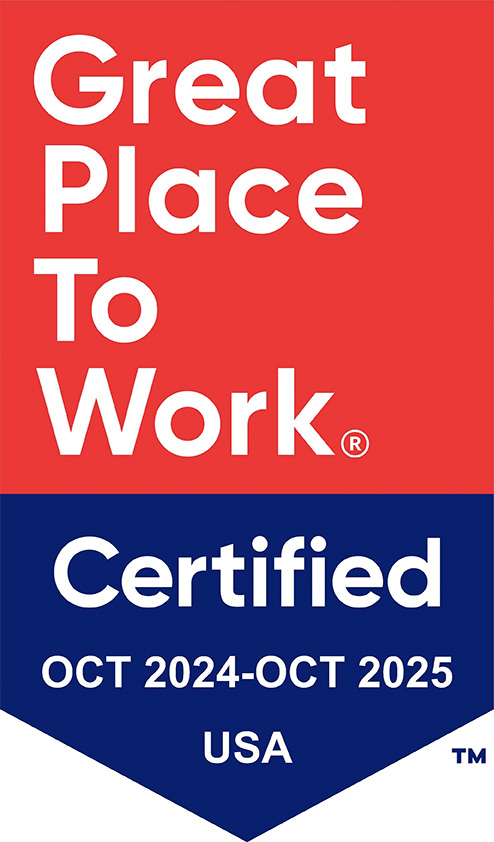Coronavirus in Jacksonville: At hospice, life and death carry on
By Matt Soergel, The Florida Times-Union
Even as the coronavirus crisis spreads, the everyday toll of sick people dying from any number of other causes continues its steady pace. In many cases there are grieving families making that slog alongside them.
Enter hospice.
Consider the numbers: Every day across 16 Northeast Florida counties, Community Hospice & Palliative Care has 1,300 patients in end-of-life care.
Another 750, including 180 children, are in palliative programs designed to keep them comfortable as they undergo treatments for life-threatening diseases.
It’s a terrible time for families at any time. Now add a deadly spreading virus on top of that.
“We’re still caring for individuals who are going through the toughest journey they’ll probably experience in their life, watching a loved one transition from this life to death,” said Phil Ward, chief operating officer of Community Hospice. “They’re already dealing with that chaos, and now comes this onslaught, all this additional stress and anxiety.”
Ward said the stress of the coronavirus threat also takes a toll on hospice workers, who still care for patients in homes across the area and in nine centers.
The administrative staff among the 950 employees are now working from home.
But the nurses, licensed social workers, hospice aides and chaplains — all considered essential employees for care — are still going from one grieving family to another, performing their duties as they did before the pandemic. That’s hard on them too.
“Now we’re turning some of our attention on our internal staff,” Ward said. “Every house they walk into, they don’t know if they’re going to be exposed to this.”
The hospice center has opened phone lines to its employees so they can talk over their concerns, among other morale-boosting steps.
“These are the people who are connected so personally in their mission it energizes them. It’s the whole reason they came to work for this organization,” Ward said. “At the same time you see the same people, in all of health care, they’re the people who are going to go too far, burning out, sacrificing.”
And of course during these fraught times, families too are wondering if the visitor from hospice could be bringing the virus into their house, to their already-weakened relative.
Ward understands that. Staffers are being rigorously screened, he said, and they’re all wearing masks. They’re quickly running out of masks though, so they’ve turned to volunteers to create makeshift ones for the front-line workers.
Ward said Community Hospice will also help provide care to patients dying of effects from the coronavirus, if it comes to that.
Its health workers are already trained to provide for dying people with infectious diseases.
“We are absolutely prepared to provide care for those patients,” he said of those with COVID-19.
Ward said Community Hospice is planning ahead at what looks like a worsening situation.
One example: If hospitals get overloaded, is there an alternate place hospice could take dying hospitalized patients, to free up space for virus sufferers?
For now, Ward said, it’s important that families be able to see their loved one while he or she is in such a facility. That’s still going on, although all visitors are screened, have their temperatures taken and are asked questions about travel and possible exposure.
Only a few family members in the past couple of weeks have been turned away, he said.
Other changes have been made. The hospice centers used to run bereavement group sessions for counseling, with 10 or 15 or more people coming. Those have ended. Now counselors speak one on one to those who need emotional support.
It’s not as ideal as being in a community of fellow sufferers, Ward acknowledged. “But we want to make sure people have some connection, even if it’s over the phone.”
Community Hospice has also increased its capability for telephonic medicine, where families can talk with a doctor or nurse without the risk of face-to-face interaction.
“But still there’s a lot of hands-on care,” Ward said.
